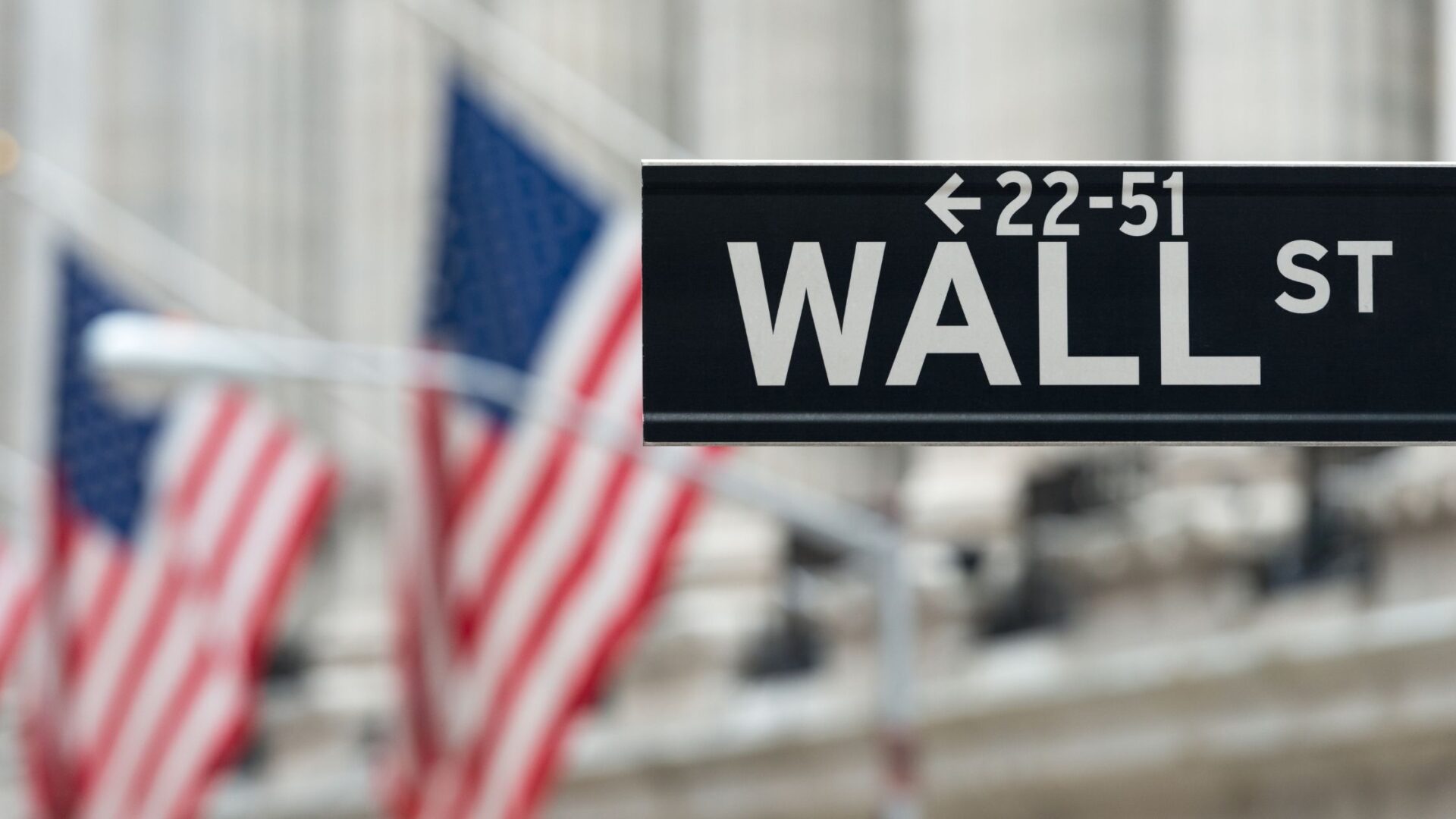Key Takeaways:
- Wall Street and Main Street react with shock and anger at the economy under Trump.
- The U.S. economy is shrinking for the first time since the pandemic, unlike the previous administration.
- Business owners who supported Trump are now horrified, realizing they didn’t anticipate the tariffs.
- Trump’s administration claims the economy is strong and blames Biden for the downturn.
- Most Americans, especially those monitoring their finances, doubt the credibility of these claims.
Wall Street’s Reaction
Stephanie Ruhle highlights the strong negative reactions from Wall Street and Main Street, describing feelings of paralysis, anger, and devastation. These reactions stem from the economic decisions made under Trump’s leadership. Many in the business community supported Trump in the 2024 election, expecting favorable policies like deregulation and tax cuts. However, they were caught off guard by the tariffs, which Trump has discussed for decades. Ruhle points out that analyzing such risks is a fundamental role of investors and Wall Street experts.
The Economic Numbers
Recent data shows the U.S. economy is contracting for the first time since the COVID-19 pandemic, marking a significant shift from the growth seen under the previous administration. This downturn has caused alarm among business leaders and investors. The unexpected tariffs, a key component of Trump’s economic strategy, have added to the uncertainty and concern among investors who had not fully anticipated these measures.
Trump’s Blame Game
The Trump administration is framing the negative economic data as a positive sign, while also shifting blame to President Joe Biden. Ruhle criticizes this approach, calling it dishonest and unrealistic. She argues that while some voters might accept this narrative, most Americans, especially those directly affected by economic changes, see through the attempt to shift responsibility. Ruhle emphasizes that losing credibility on economic issues can have broader implications for trust in leadership.
The Fallout for Investors
Investors are particularly concerned, as the economic contraction directly impacts their portfolios and retirement savings. The administration’s portrayal of the situation as rosy and the fault of the previous administration is met with skepticism. Ruhle suggests that this approach may work in some isolated cases but fails to convince the majority of Americans who are experiencing the economic challenges firsthand.
Conclusion
The current economic situation under Trump’s leadership has led to widespread concern among Wall Street and Main Street. The unexpected tariffs and the administration’s response to the economic downturn have eroded confidence. As the U.S. economy continues to shrink, the credibility of Trump’s economic policies is under increasing scrutiny. The implications of this economic shift could have long-lasting effects, making it crucial for investors and the general public to stay informed and vigilant.
